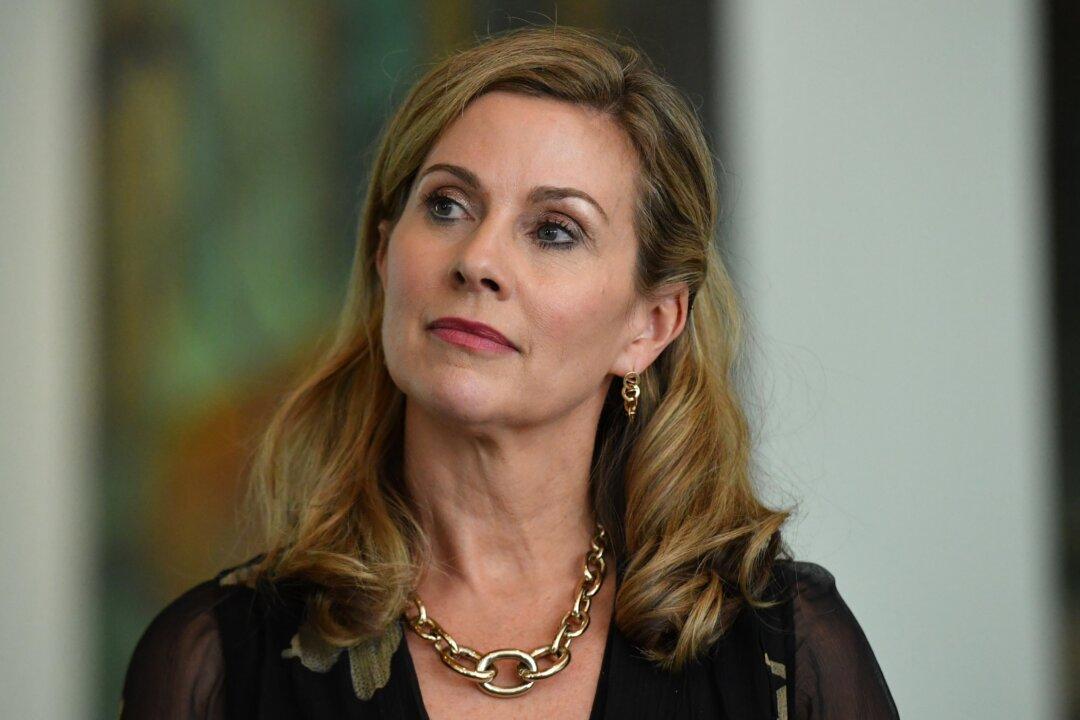According to forecasts by Deloitte Access Economics, the budget deficit within the next four years will be $45 billion (US$33.4 billion) less compared to Treasury forecasts, but the long-term outlook for the budget is $60 billion (US$44 billion) worse.
Deloitte partner Chris Richardson said Australian taxpayers would get $45 billion back in their pockets because of the sound pre-Delta economy and tighter budget used to handle the Delta outbreak.
The May budget revealed that revenue during the last financial year exceeded official estimates by $20 billion.
The cost of the Delta outbreak was also lower than last year, with the federal government requiring states to take up a more significant portion of the burden.
Treasurer Josh Frydenberg said this report indicated that the federal economic plan was working.

Sam Mooy/Getty Images
Despite the mounting level of debt, Richardson noted that the cost of debt actually went down due to lower interest rates.
“Debt went up, but interest rates went down—and the latter gives a double benefit, applying not just to the new debt, but also to rollovers of existing debt,” he said. “And the net impact? We forecast net interest payments in 2024-25 to be $30 million lower than Treasury estimated in the budget.”
However, the issue lies in the long-term, where a $60 billion budget hole is expected to open. This is approximately equivalent to if the Australian defence forces were disbanded in addition to cutting federal spending by half.
“COVID-19 costs are temporary costs, whereas the real risk to budgets always lies with permanent cost shifts,” Richardson said. “Sadly, while we were looking elsewhere, life got more costly.”
Defence spending is also expected to increase, as budget estimates do not include costs like the new nuclear submarine deal.
“To be clear, that’s not a $60 billion hole we should try to fill fast; doing so would hurt a still fragile economy far too much,” Richardson said. “But there’s a federal election looming, and we shouldn’t let either side go through that campaign pretending there aren’t difficult decisions to make down the track.”





